- About
- Solutions
- Expertise
- Locations
- Jobs
- Training
- Contact
- Login
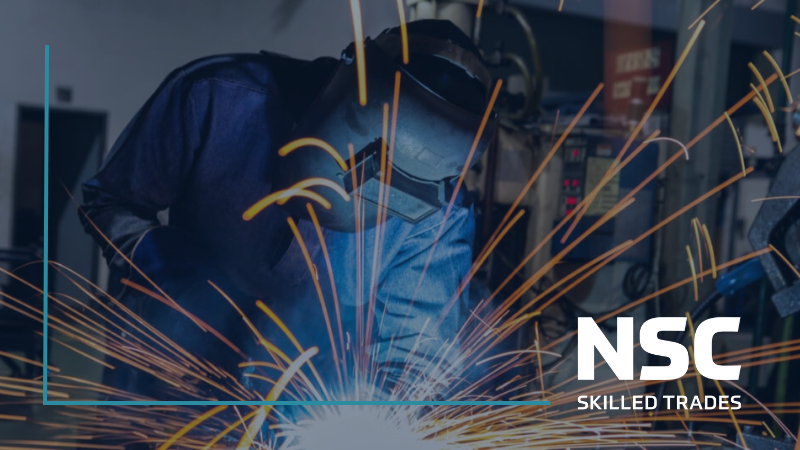
Maintenance mechanics are responsible for inspecting, fixing, and maintaining equipment in a place of business.
In recent years, much of the equipment these professionals are responsible for has become more complicated. Today’s maintenance workers must be as comfortable with analog tools as they are with modern electronics and computer systems.
Whether you’re just starting out or you’re an experienced maintenance mechanic, here are the seven essential skills to include on any maintenance resume.
Many technical schools, trade schools, and community colleges have certificate and degree programs for those who are curious about becoming mechanics. These programs will normally offer classroom and hands-on mechanical training. Programs may take from six months to two years to finish, depending on the certificate or degree being sought.
A maintenance mechanic should appreciate detailed work since many job duties require intricate and precise technical work.
Also, with so many machines in a typical production facility, a maintenance worker should be able to quickly spot anyMost people know you should dress up for a typical interview and bring a copy of your resume, but an interview for a welding job isn’t a typical interview.
Those scheduled for a welding interview might be wondering if they should take their welding gear, work clothes or any other additional materials. These are important considerations as the first impression could make or break your chances of getting hired.
Below are five tips on how you can make that essential great first impression.
Start your interview prep by determining the kind of welding that would be done in this particular job. For instance, if you’ll be working on smaller projects, your preparation should focus on MIG welding. On the other hand, if you’ll be welding large structural components, focus on stick welding.
You should also prepare answers to more general questions that are bound to come up. Be able to explain where you were trained and what skills you acquired, particularly which welding methods you have mastered. Talk about any accolades or certifications you’ve earned.
Finally, be prepared to talk about your knowledge of safety equipment and your commitment to safety standards.
It never hurts to practice basic social skills like making eye contact for the right amount of time and showing an interest in the people interviewing you. Employers wouldn’t take the time to interview you if they didn’t care about your ability to interact with others.
It helps to have a handful of things to say about yourself, including the highlights of your work history and how you got interested in welding. Also, try to come up with a few basic questions for your interviewers, like how they got into the industry and what their favorite part of their job is.
Employers will be more willing to hire you if you display a genuine interest in their organization. Making the effort to study the business you’re interviewing with is a basic courtesy and shows professionalism.
Become acquainted with the company’s mission statement, background, and current focus so you can talk about them comfortably.
In addition to being able to answer questions about the type of welding you’d be doing, get in some practice doing that type of welding, as welding interviews may require applicants to showcase their abilities.
Welding interviews don’t require getting a suit out of the closet. Hiring managers generally prefer you turn up in a long-sleeve work shirt, work pants (jeans) and good work boots.
In many instances, you’ll have to show your welding abilities, so in addition to having protective, comfortable clothing; you should also bring your helmet, gloves, and welding jacket with you in a bag. This personal protective gear should be clean and not overly worn.
At NSC, we help job seekers with every part of their process, from resume writing to following up after an interview. Contact us today to find out how we can help you advance your welding career.thing that upsets the overall flow. Now and again, a keen eye for detail could save thousands or millions of dollars in breakdown and/or accident costs.
Maintenance mechanics are responsible for diagnosing the root cause of a mechanical problem and applying a solution. While some problems have an obvious solution, many problems are difficult to diagnose. This means a maintenance worker must be good at coming up with both conventional and unconventional solutions.
Some maintenance workers, especially those with administrative tasks, are responsible for developing and implementing a routine maintenance program to keep a facility’s equipment up and running. Developing this program requires both technical know-how and the capacity to organize for maximum efficiency.
Maintenance workers are often required to get into tight spaces, climb onto elevated work areas or perform maintenance in strenuous conditions, such as extreme heat or cold. These requirements test a maintenance worker’s physical ability.
Furthermore, maintenance work often involves heavy lifting or odd schedules – both of which can be physically draining.
Time is money, as the saying goes, and when an important piece of production equipment breaks down, management knows it must get up and running as quickly as possible.
Maintenance workers must be able to work quickly under pressure to maintain production levels. If a maintenance worker succumbs to pressure or does everything at a snail’s pace, they will not thrive in most work environments.
The job of a maintenance worker can be completely different from day to day. They might be asked to come in late at night to fix a vital piece of machinery. They might be asked to learn all about a new piece of equipment that has been brought in. They might be invited into a meeting to explain extremely technical matters to people in very basic terms.
The varying nature of the job calls for a person who is capable of performing a variety of tasks.
At NSC, we’ve helped all kind of professionals put together eye-catching resumes. If you’re currently looking for a new job and want your resume reviewed by one of our knowledgeable professionals, please contact us today.

Greg Hullinger is the leader of NSC’s Skilled Trades division, a team dedicated to helping industrial and commercial clients staff projects with the business’s best tradespeople. He is responsible for managing all aspects of the division, ensuring continued growth for the organization and its people. Greg brings over eight years of experience in the staffing industry and over twenty years of sales leadership experience. He is passionate about creating opportunities for individuals, improving communities, and bridging the nationwide gap in skilled trades.










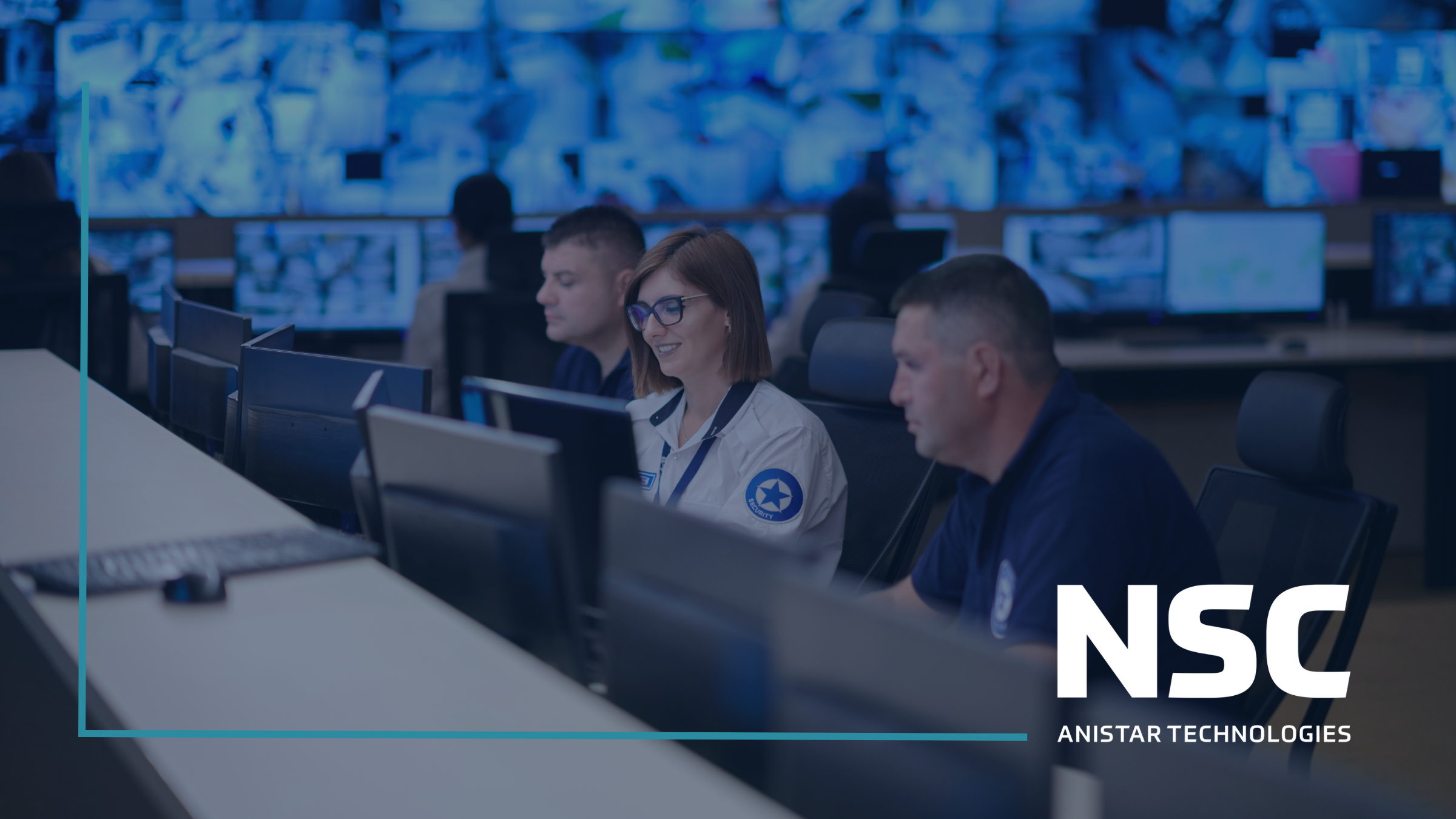


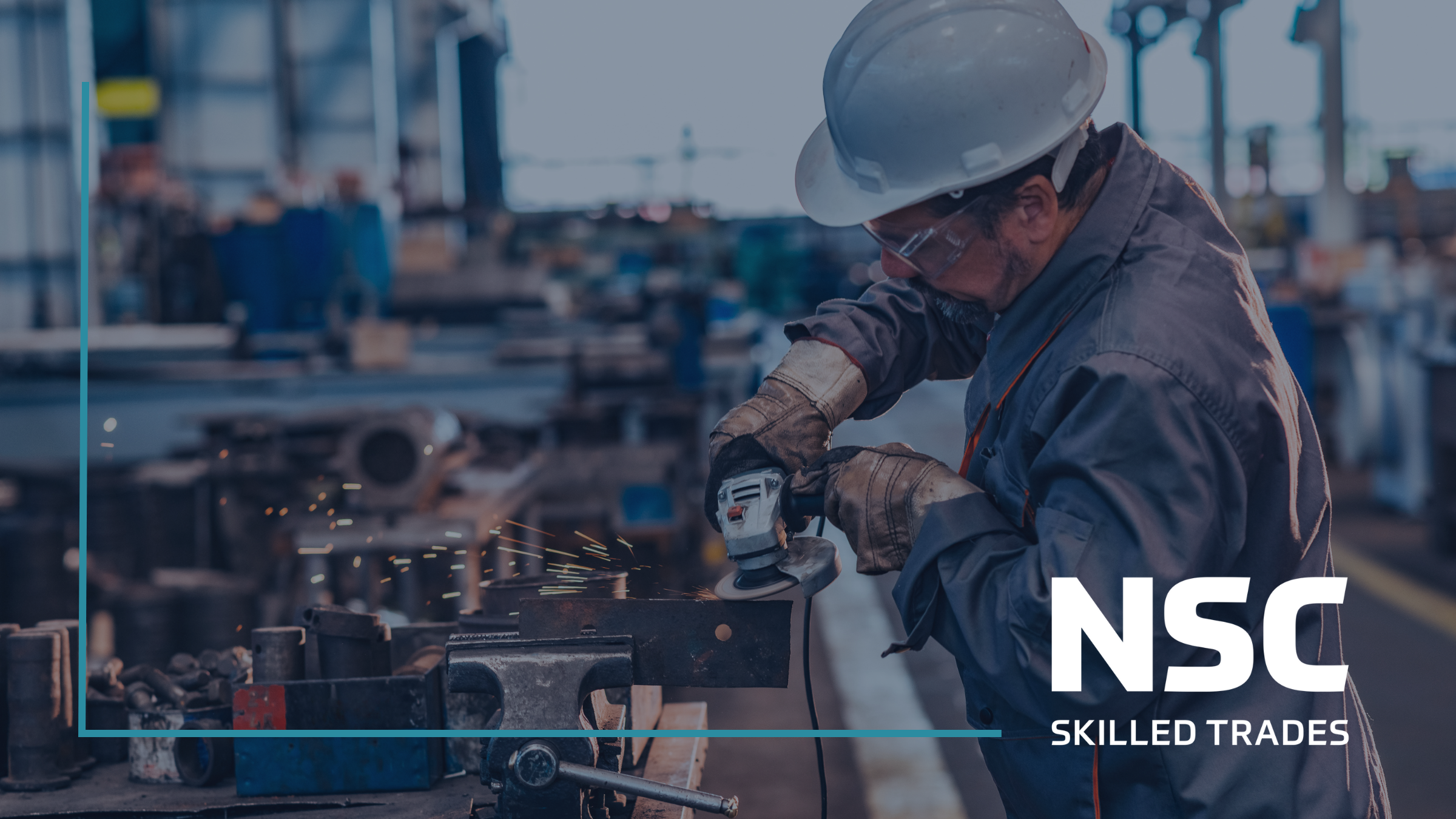


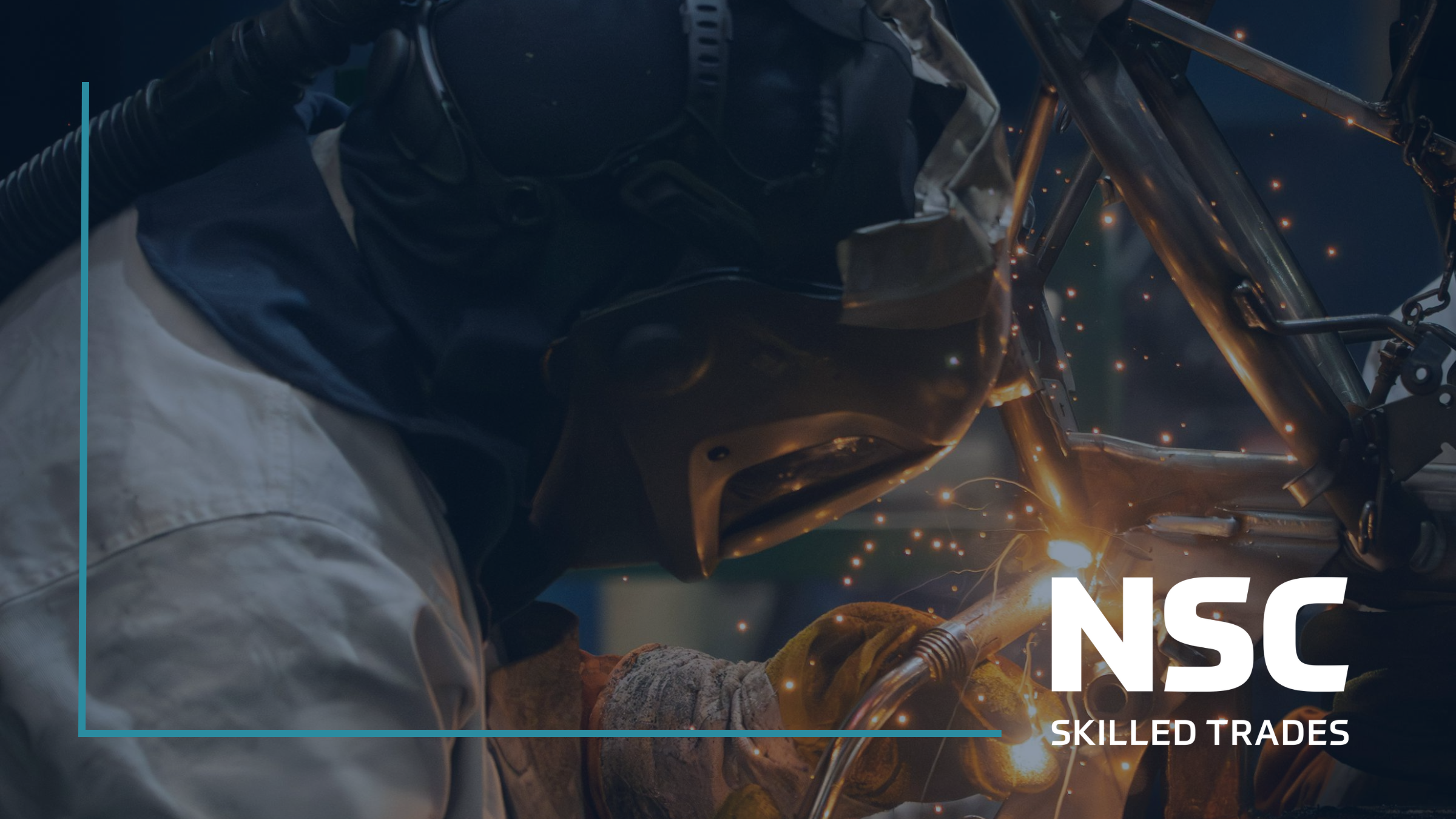


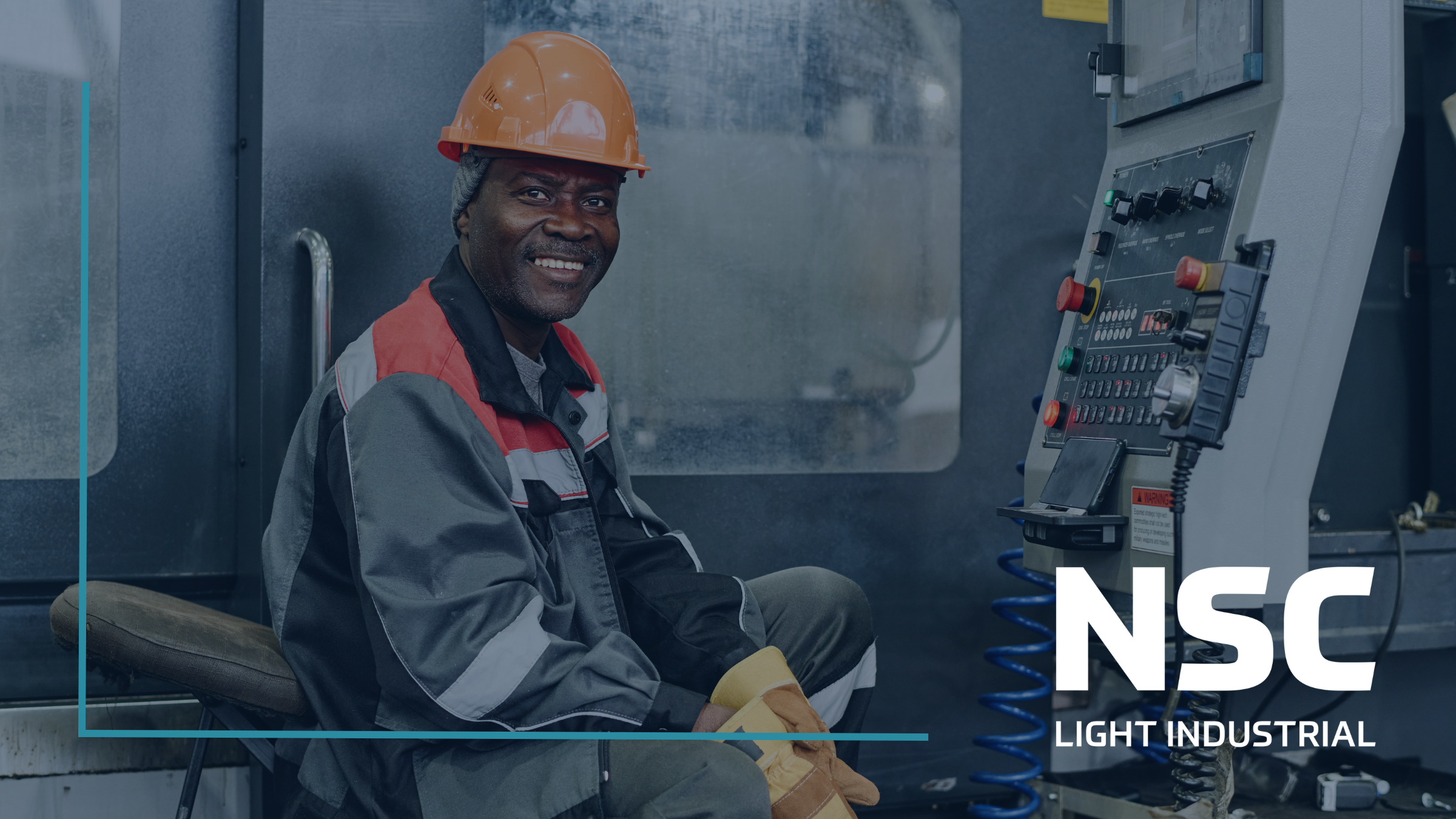





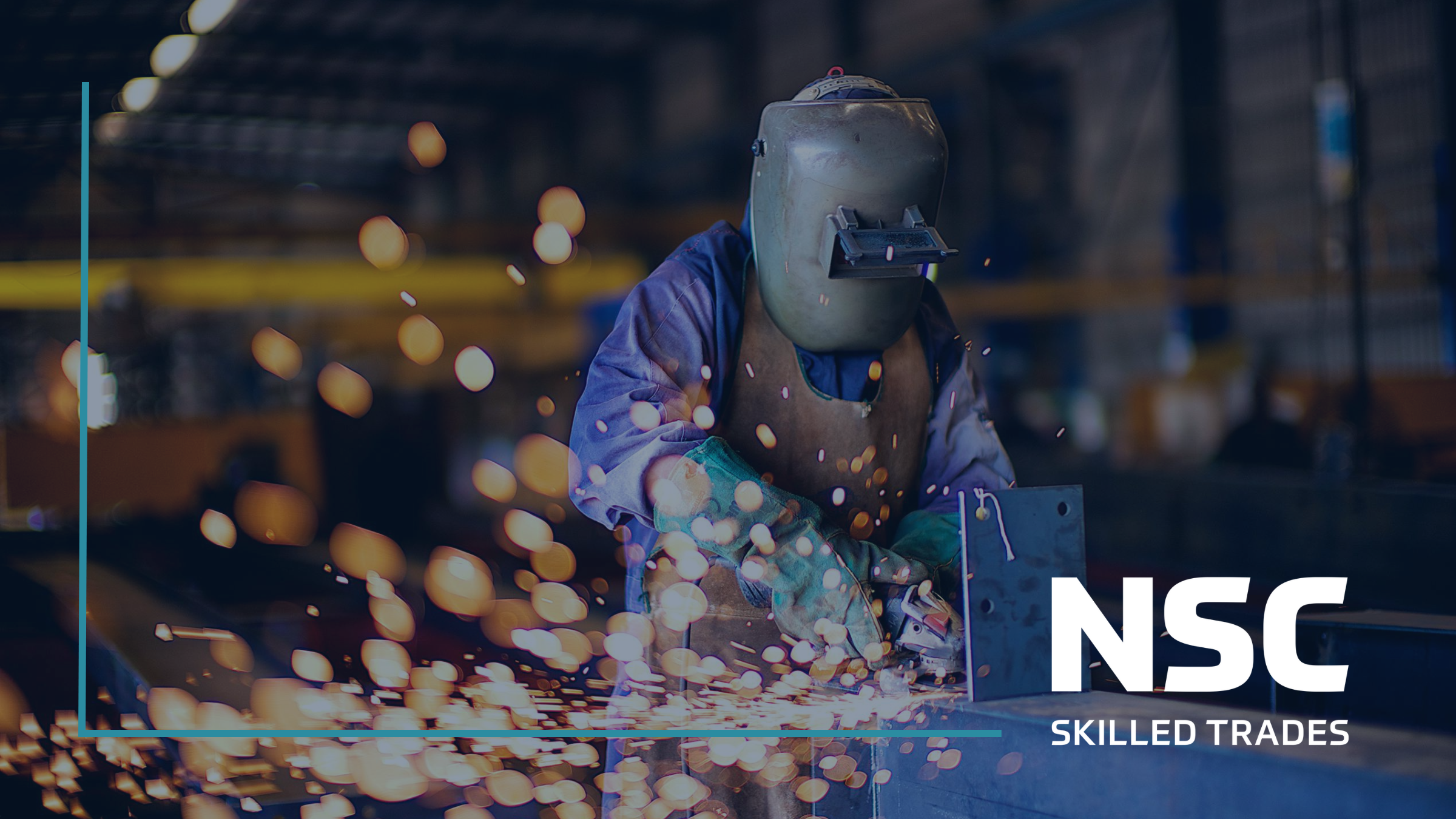








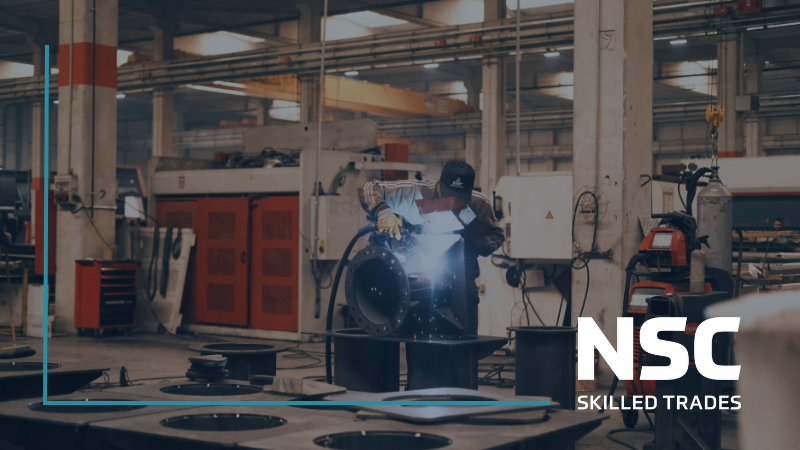


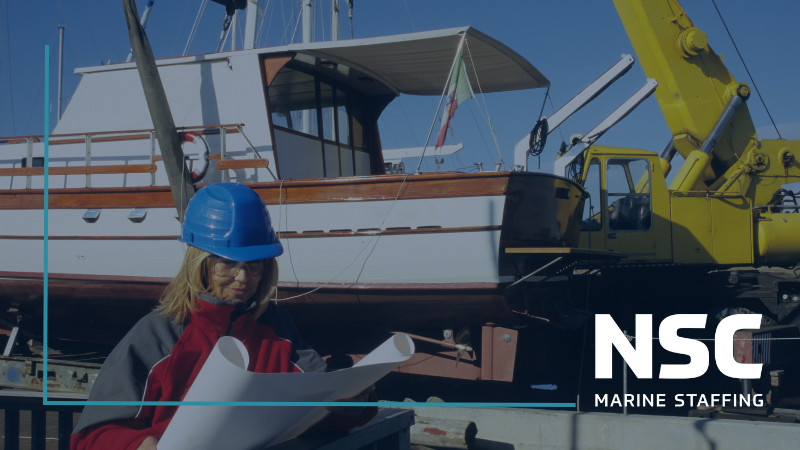


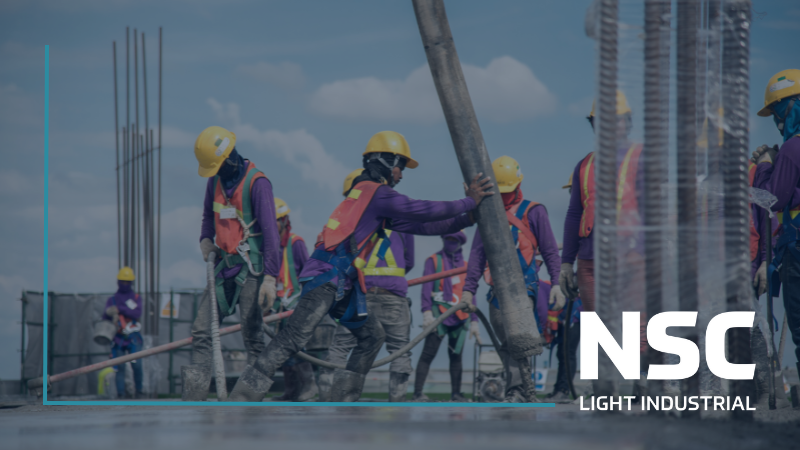
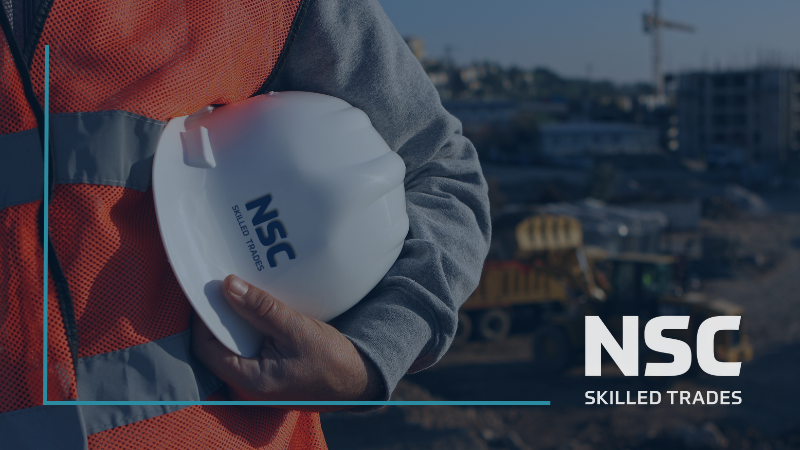


















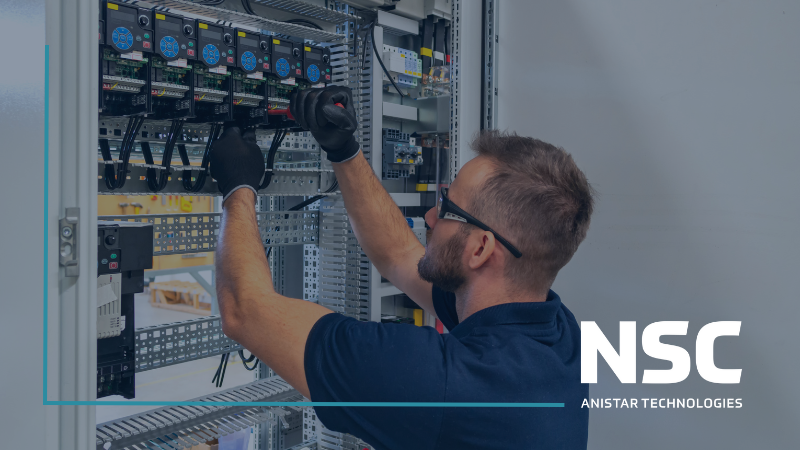

















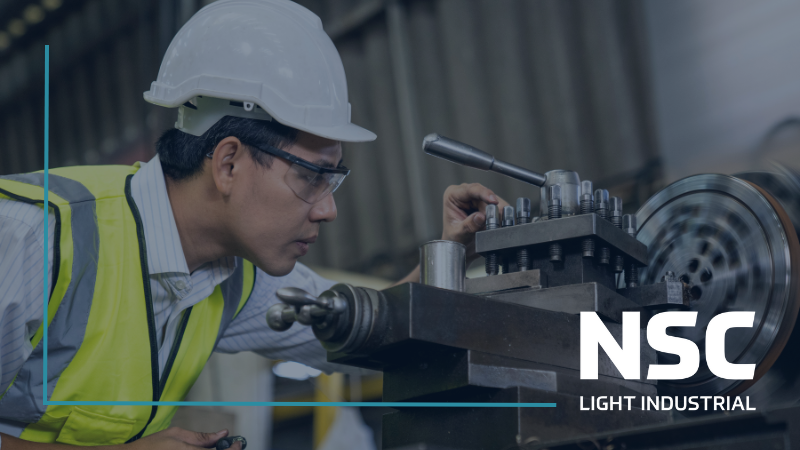




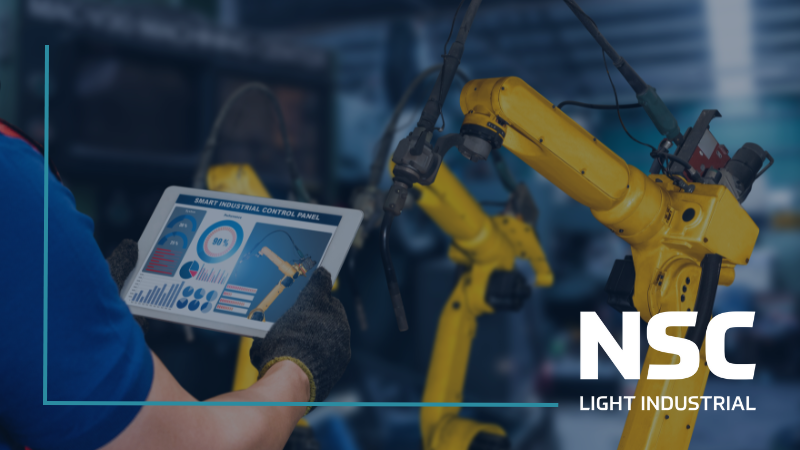










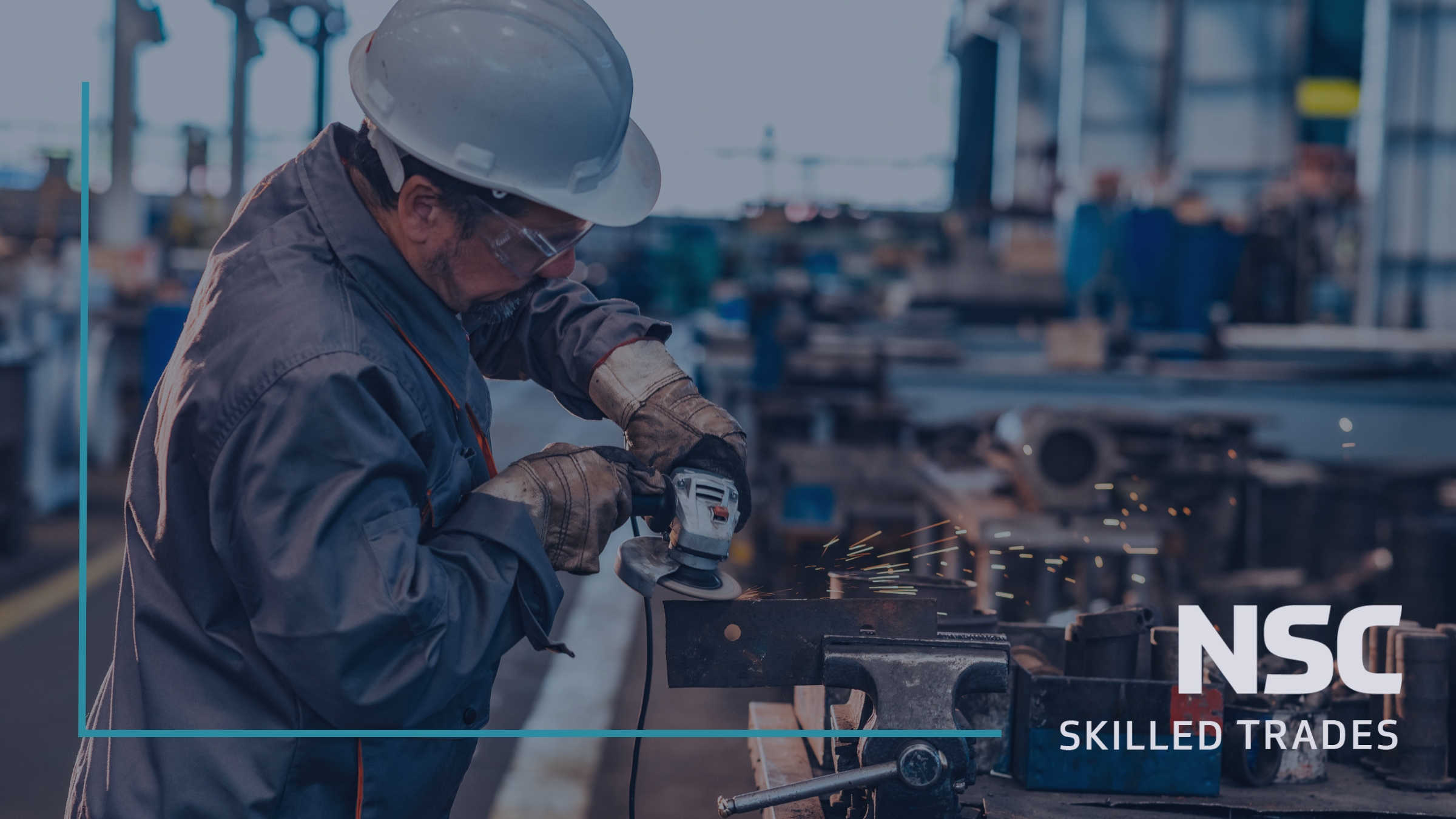








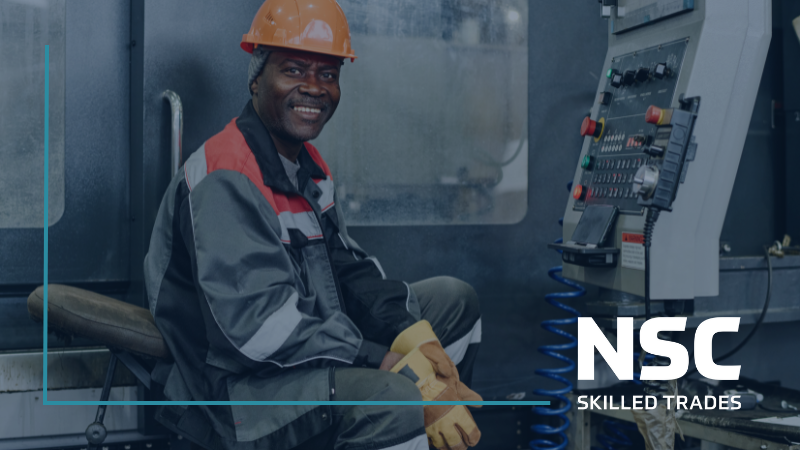

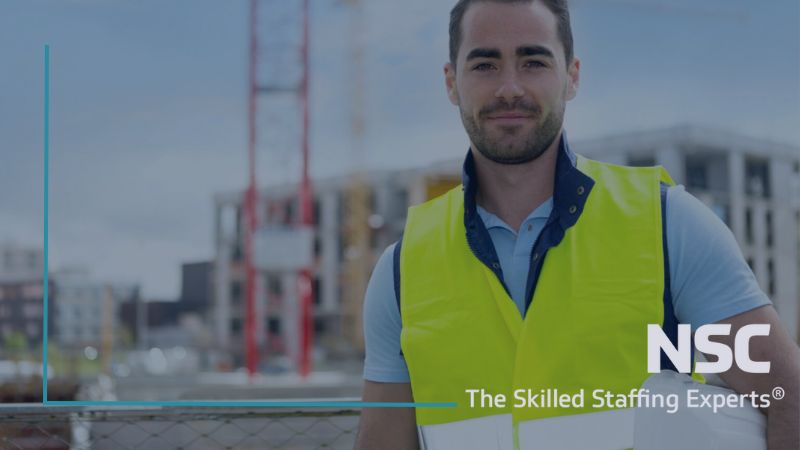
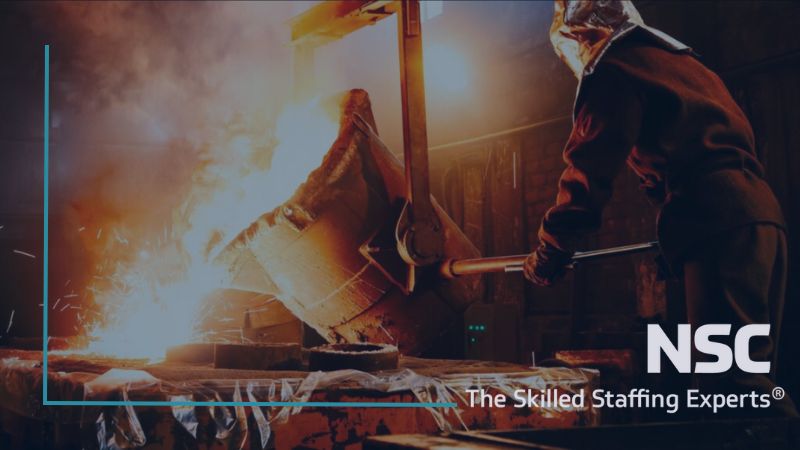
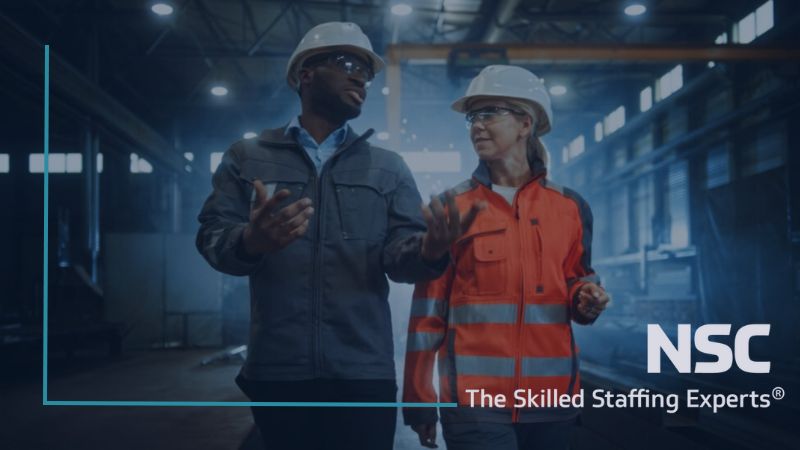
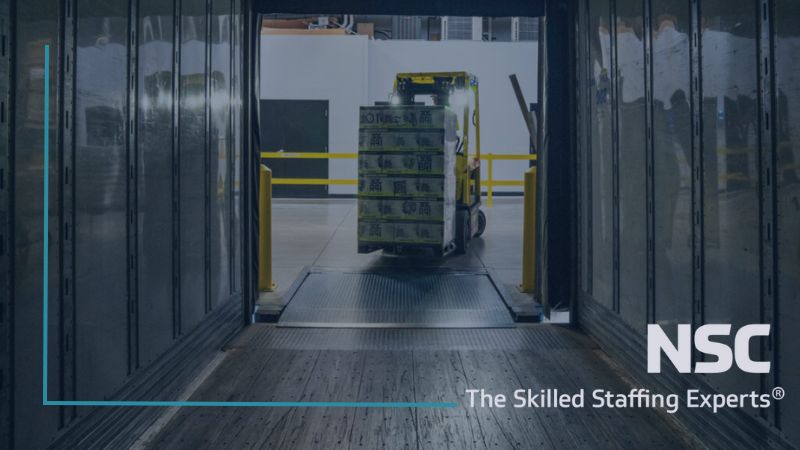

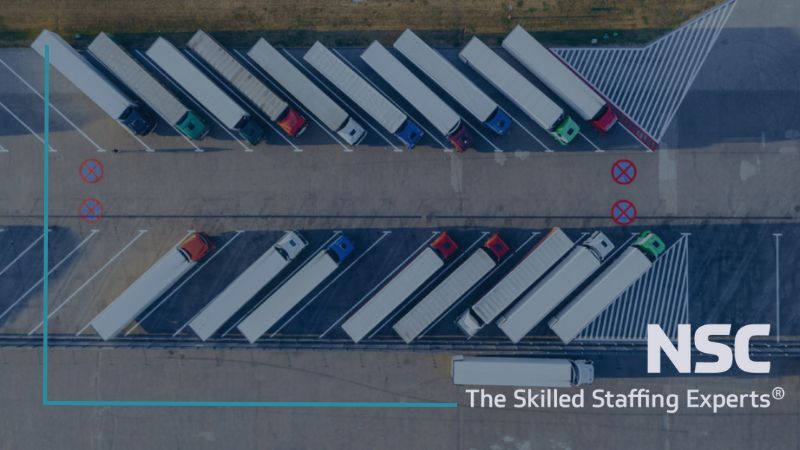
Discover the perfect candidates for your organization with our dedicated staffing support team. We're here to connect you with skilled job seekers, tailored to your unique needs. Reach out today, and let us help you build a winning team!
Job seekers, we've got your back too! Explore our extensive job openings and take the next step in your career by going to our jobs page to search and apply today.
We and selected third parties use cookies or similar technologies for technical purposes and, with your consent, for other purposes as specified below. Denying consent may make related features unavailable.
Use the "Accept" button to consent. Use the "Reject" button or close this notice and continue with only the bare necessary cookies.
These Privacy Policy and Terms of Use ("Terms") are a legal agreement between you and NSC Staffing, governing your use of our website(s), including all related web pages and services (collectively referred to as the "Service").
By accessing or using our Service, you agree to be bound by these Terms. If you do not agree to these Terms, please do not use our Service.
1. Information We Collect
1.1 Personal Information
We may collect the following types of personal information:
1.2 Information You Provide
We collect personal information you provide when you:
2. How We Use Your Information
We use your personal information for the following purposes:
3. Sharing Your Information
We may share your personal information with third parties in the following circumstances:
4. Security
We take the security of your personal information seriously and implement reasonable measures to protect it from unauthorized access, disclosure, alteration, or destruction.
5. Copyright
All material on this website is protected by applicable copyright, trademark, and trade secret laws and is owned by or licensed to Bordera. Website users may not copy, republish, or distribute website content except for personal use only and provided that our name and copyright notices remain intact.
6. Contact Information
Contact information, including any physical addresses and contact phone numbers, are available at the bottom of this page, and all others on the site.